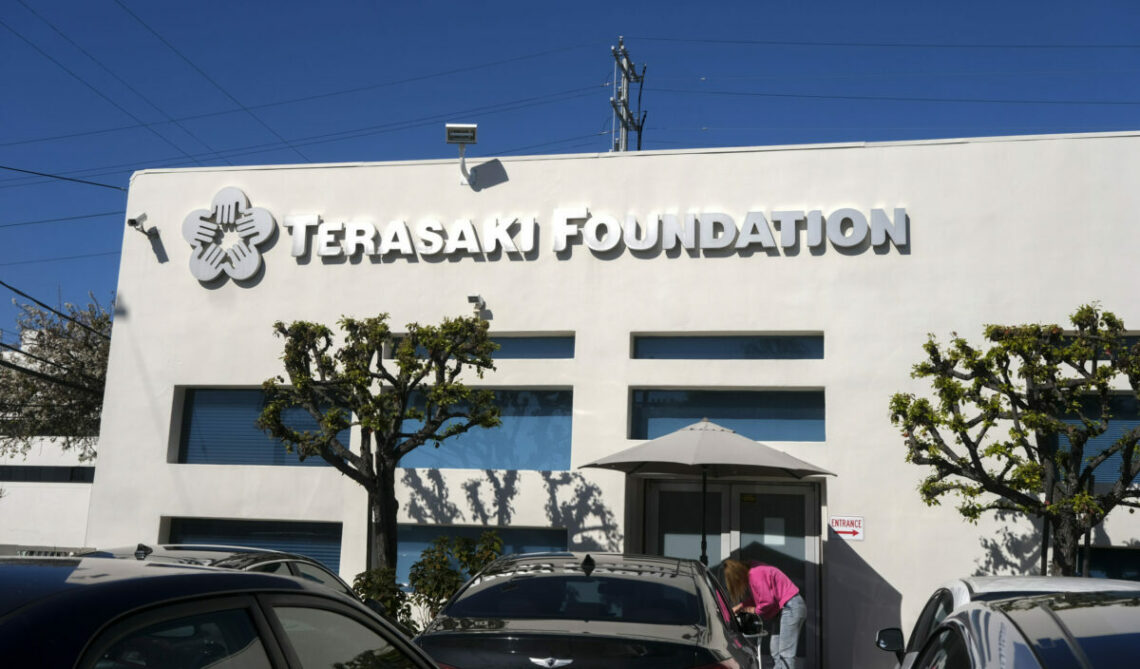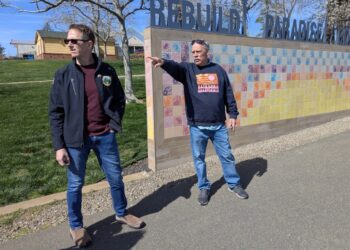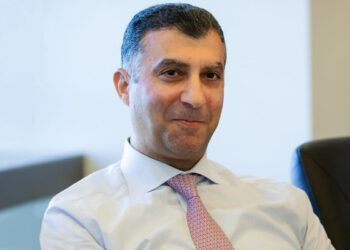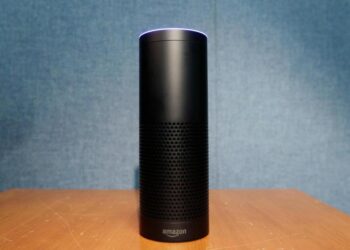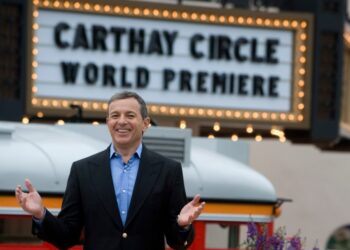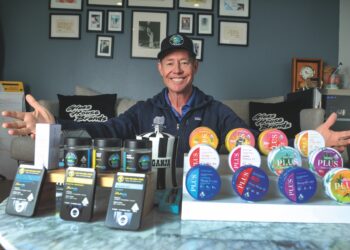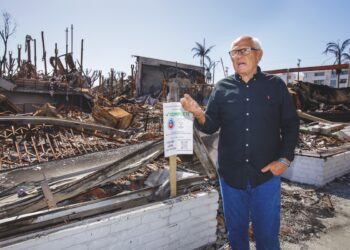A new bioscience incubator is opening on L.A.’s Westside. It was set up and will be operated by the Westwood-based Terasaki Institute for Biomedical Innovation, a nonprofit research foundation founded by a former UCLA professor and organ transplant pioneer.
The incubator has been operating in stealth mode for the last few months, with two tenants already in place. The official opening is set for next month at a Terasaki Institute building in the Sawtelle neighborhood.
Terasaki’s incubator joins several others in the county, including Biolabs at the Lundquist Institute in Torrance, ScaleHealth in Palms and Biospace LA at California State University Los Angeles in El Sereno.
Unlike some incubators, Terasaki Institute’s incubator plans to focus on academic bioscience researchers looking to commercialize their research.
“The Terasaki Institute is a home for those academic researchers that want to take their science all the way, often combining their academic achievements with entrepreneurship,” said Maurizio Vecchione, the institute’s chief innovation officer. “Our incubator is an accelerator for these types of academic entrepreneurs and their companies that provides both the core scientific product development resources as well as the business support to perform this translation.”
That was the vision of the late Paul Terasaki, a professor at UCLA and a pioneer of organ transplantation. Terasaki, who was born in Los Angeles in 1929, spent three years of his adolescence in a Japanese internment camp in Gila, Arizona, during World War II. A few years after the war, he came back to Los Angeles and obtained both bachelor’s and doctorate degrees in zoology from UCLA. He stayed on at UCLA, studying skin graft transplants in chickens and developing a toxicity test for organ transplants.
Terasaki founded the institute in 1990, both as a place to continue developing transplant technologies and to spur the practice of therapies tailored to individual…
Read the full article here

